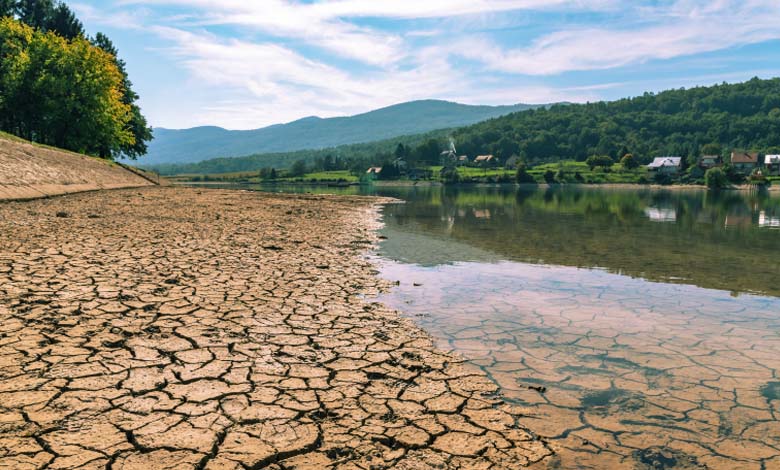Climate Change Threatens Planet’s Largest Freshwater Reserves

An international study conducted in 12 caves worldwide reveals that a significant portion of the Earth’s freshwater reserves, crucial for immediate consumption, is at risk due to climate change.
These caves, inaccessible underground systems, hold vast reserves of freshwater inhabited by unique living organisms vital for maintaining water quality.
Led by Anna Sofia Ribeiro from the University of Lisbon, the study analyzed temperature changes in over 105,000 measurements across caves in various climates, uncovering three distinct thermal response patterns compared to surface temperatures.
While some caves mirrored surface temperature changes with delays, others showed rapid reflections or inverse patterns. The study, published in the journal “Scientific Reports,” asserts, “With rising surface temperatures due to climate change, cave temperatures will also increase, affecting the stability of freshwater reserves.” The research also revealed daily thermal cycles in some caves, indicating the potential for controlling biological rhythms in subterranean organisms.
The study highlights the inability to predict and the potential harm to freshwater quality, given the presence of rare and vulnerable species in these ecosystems.
Key caves studied, such as Planina in Slovenia, Ventu in the Canary Islands, and Vale Telheiro in Portugal, are identified as hotspots for global biodiversity.












